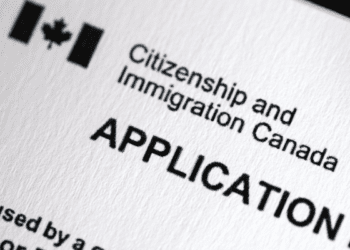
It’s clear why governments don’t like corporate tax competition. They prefer cartelization of the tax system so they can pile taxes on multinationals to finance spending, writes Jack Mintz in the Financial Post. Below is an excerpt from the article, which can be read in full here.
By Jack Mintz, June 1, 2021
Rumours have it that the G7 countries will soon sign on to the American proposal to impose a global minimum corporate tax, possibly at a 15 per cent rate. The Biden administration will hail it as a major step toward limiting companies from shifting profits to tax havens like Bermuda and Barbados.
It won’t just affect tax havens, however. Most countries have their own “tax haven” sectors that are taxed lightly if at all (e.g., manufacturing and renewable energy). That includes Canada, with its many tax preferences. For many Canadian companies, combined federal-provincial effective corporate rates are well below 15 per cent even though the official rates range from 23 per cent in Alberta to 30 per cent in Newfoundland & Labrador.
Biden’s real aim is to raise the corporate tax rate on American companies from 21 to 28 per cent. Without the global minimum tax, investment and profits would migrate to other countries. Biden originally proposed a 21 per cent tax rate (which is a few points below the current average global corporate tax rate) but that met too much resistance from other countries.
For years, Germany and France have wanted to increase corporate taxes. The U.K., which is hiking its rate from 19 to 25 per cent by April 1, 2023, is more than happy to join the party. Does the Trudeau government have a similar intent after the next election? It would be nice to know that before the election rather than after.
***TO READ THE FULL ARTICLE, VISIT THE FINANCIAL POST HERE***




